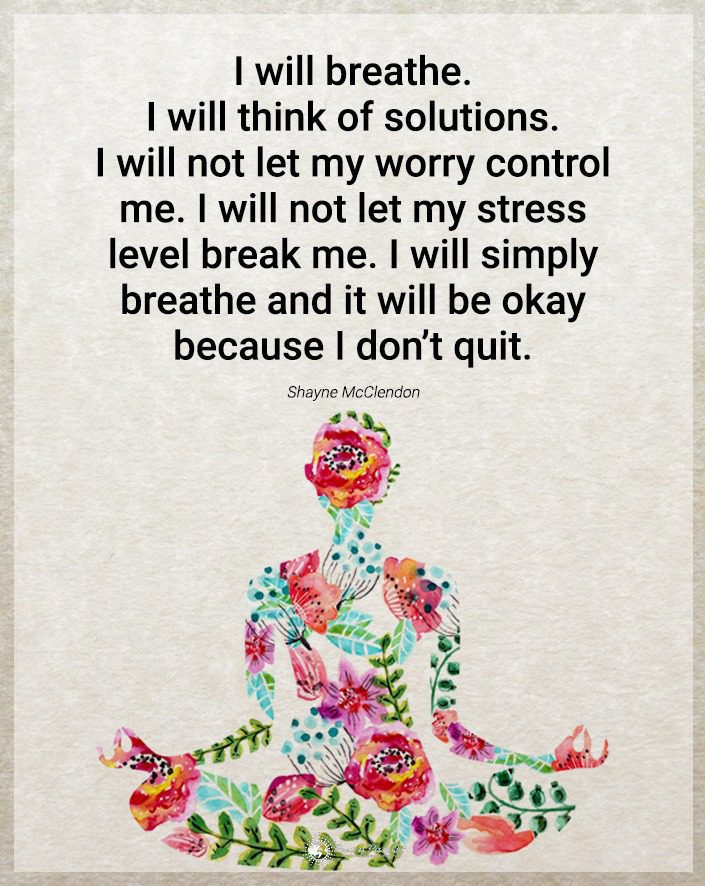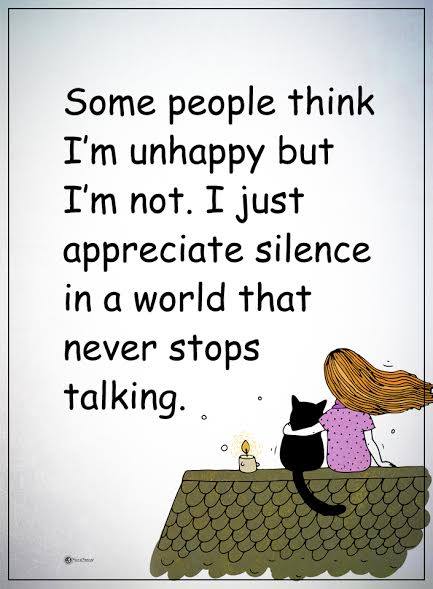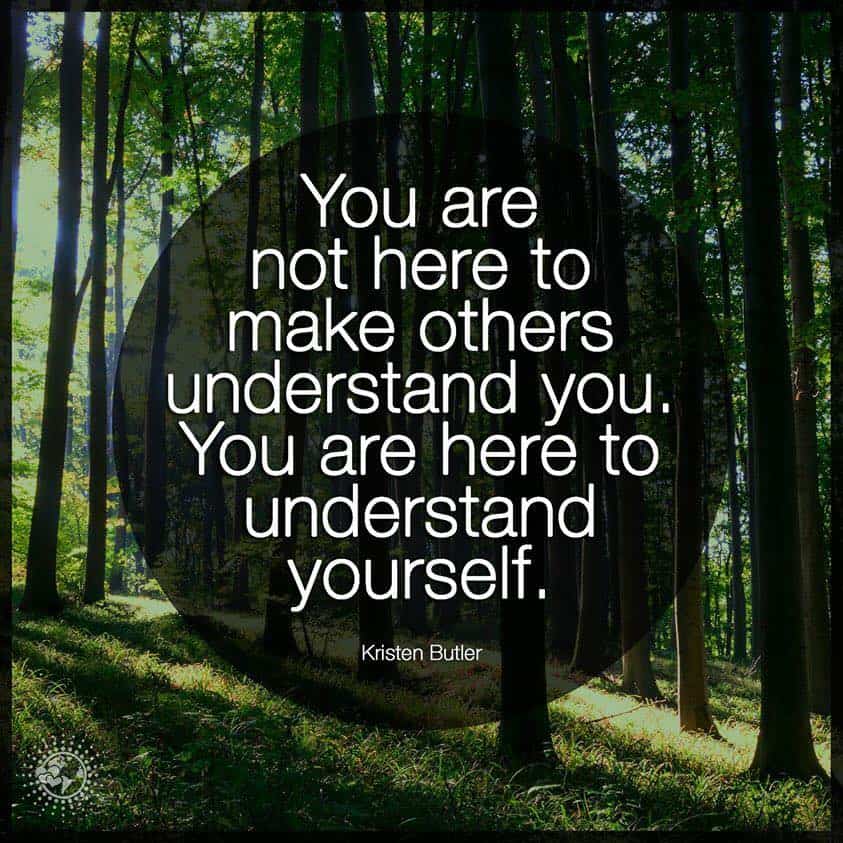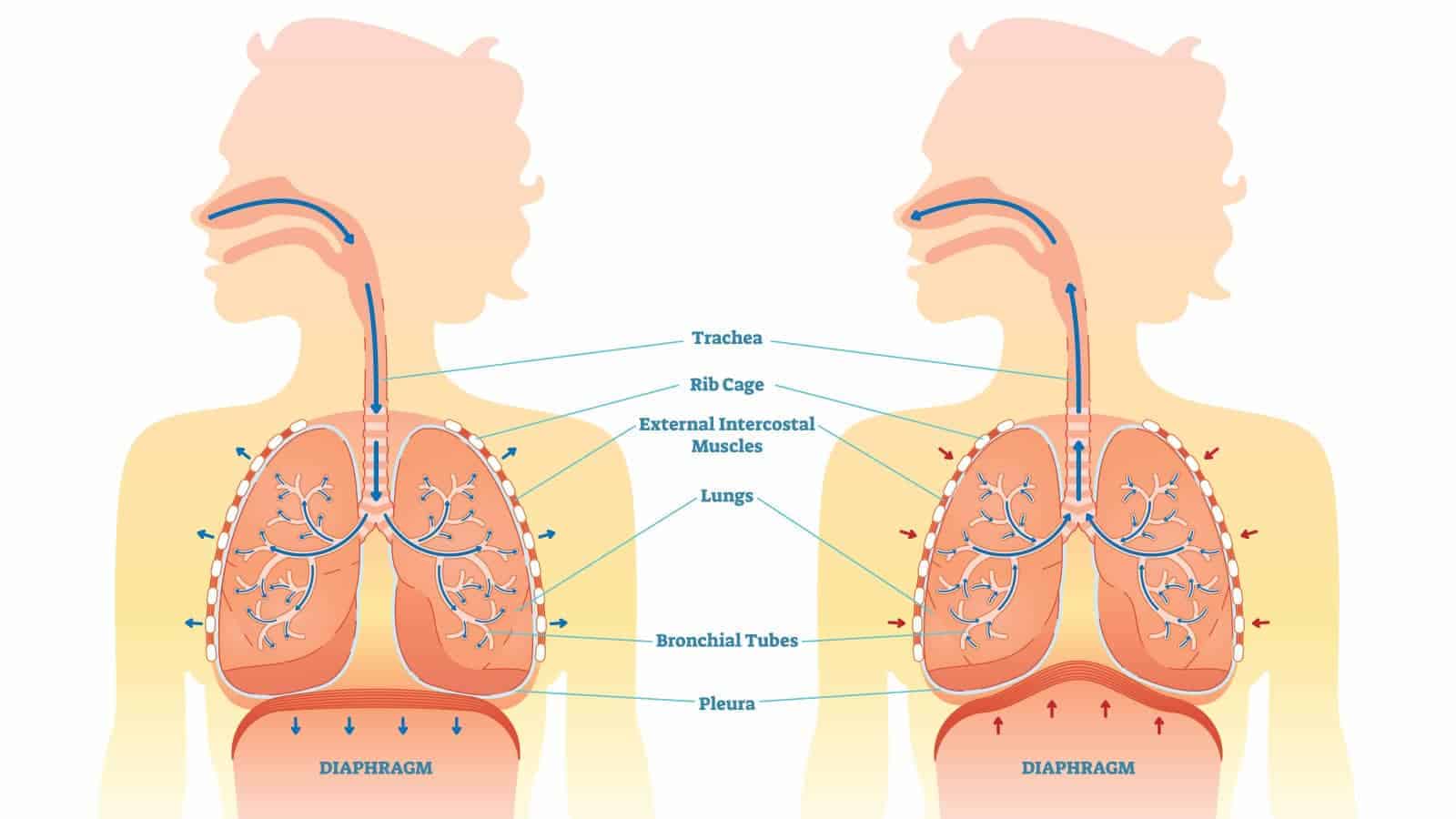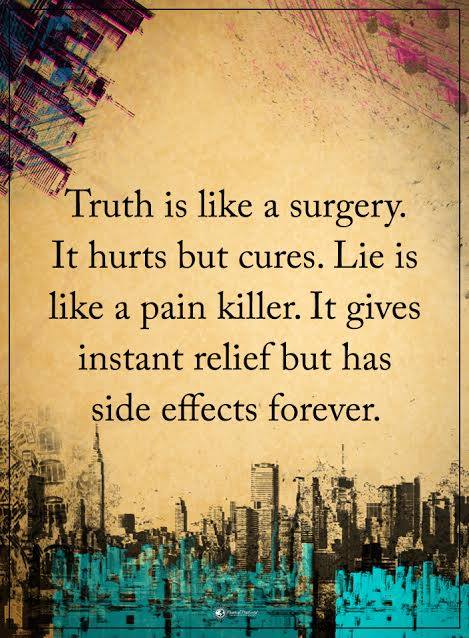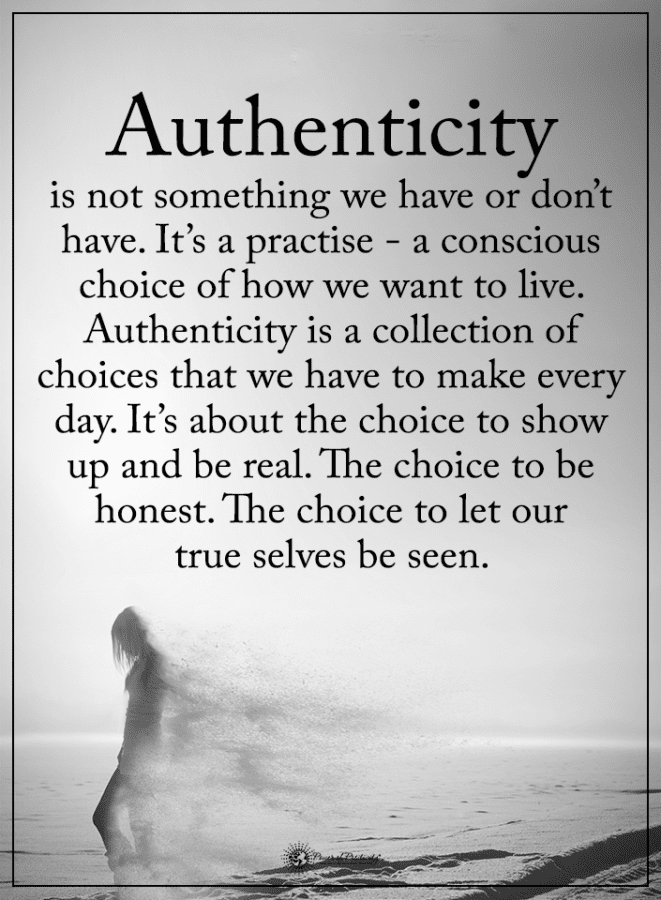Per the National Institute of Mental Health, anxiety disorders affect approximately forty million adults in the U.S. alone, representing only the diagnosed. The actual number is likely around 65 to 66 million, or about thirty percent of the population.
Numbers only tell part of the story. People who struggle with anxiety often cannot understand what’s happening. Only those who have felt the fear of constant anxiety can relate.
Our goal in this article is to describe five quick ways of reducing anxiety. In this hustle-and-bustle world of ours, few can afford the time or resources necessary to undergo “proper” treatment.
Here are five proven ways to reduce anxiety in minutes (in no particular order):
“Do not dwell in the past, do not dream of the future, concentrate the mind on the present moment.” – Buddha
1. Meditation
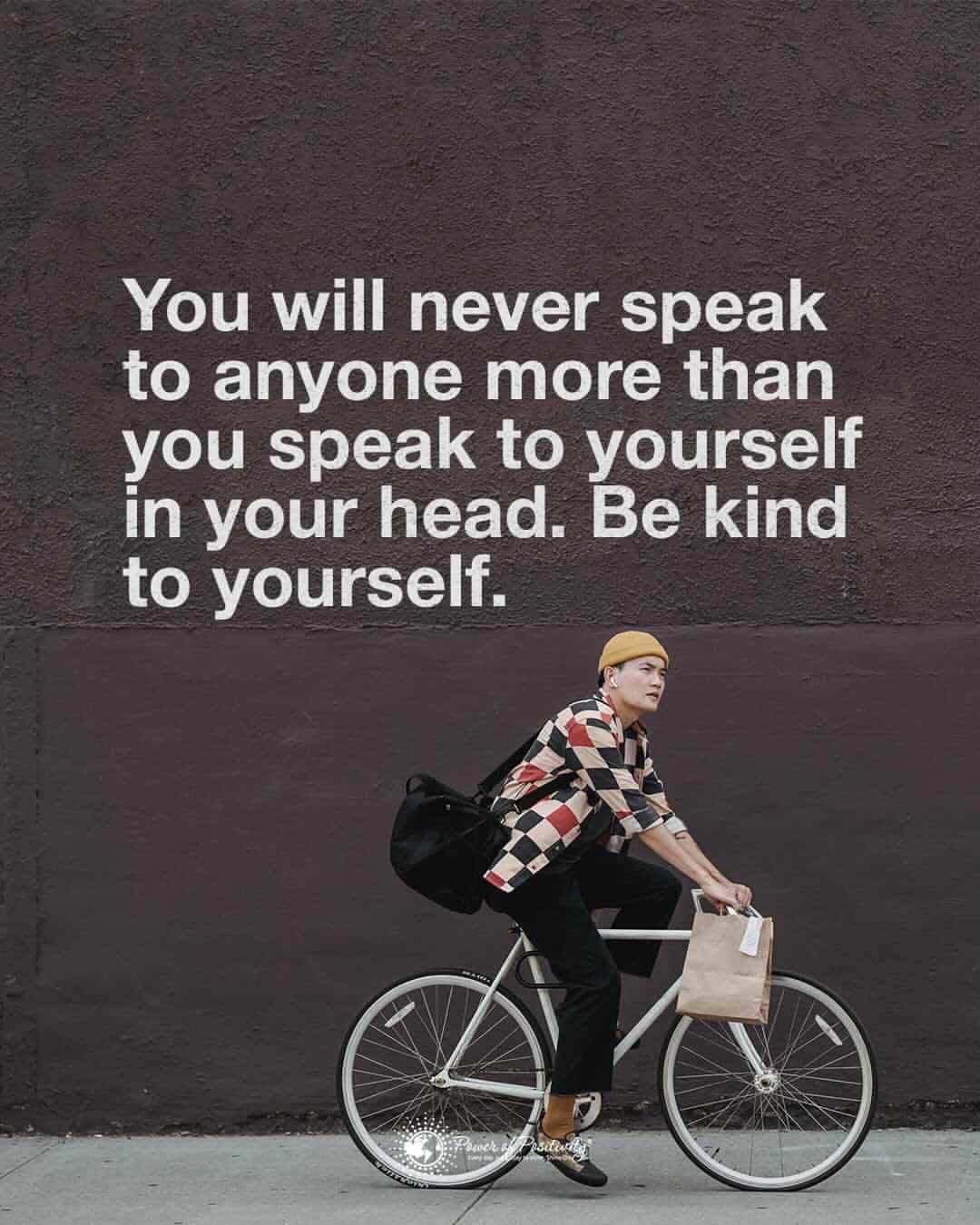
“Research suggests that daily meditation may alter the brain’s neural pathways, making you more resilient to stress,” says Robbie Maller-Hartman, Ph.D.
Contrary to popular belief, one needn’t be a sage to experience meditation’s tremendous anxiety-relieving benefits. (Of course, additional practice only strengthens one’s ability to combat stress/anxiety.)
The method is simple. For instruction, we’ll assume you’re at work or parked in a car somewhere. Here’s what to do: sit up straight with both feet on the floor and close your eyes. Recite – silently or aloud – a mantra, such as “I am at peace” “or “I love myself.” Dismiss any distracting thoughts without prejudice or judgment.
2. Deep Breathing
When it comes to easing anxiety, focusing on the breath is (by far) the most efficient, timely method. All you need is a 5-minute break and some patience.
Again, the practice is simple. Sit up straight with your eyes closed. Place a hand on your belly as you slowly inhale through your nose. Feel the breath fill your abdomen and travel upwards as if the breath reaches the top of your head. Hold the breath for a couple of seconds, then naturally (and slowly) exhale through the mouth.
How refreshing is that? All in just five minutes!
3. Be Present
To “be present” is to notice all sensations as they surface – to exist for this moment and only this moment.
The beautiful thing about being present is that you can practice it anywhere, doing anything, at any time. Washing the dishes? Notice how the dishes’ surface feels in your hand as you apply the dish soap. Walking? Feel the air as it flows onto and past your face and body. Typing? Listen to the sound of each click of the keyboard as you work.
Being present is extraordinarily powerful, as the practice renders mute (or at least “muffles”) the brain’s money-minded antics. You’re focusing all of your awareness on your senses instead of impulse.
4. Prioritize Your Time
At the risk of sounding cliché, our time on this Earth is limited. The (sometimes uncomfortable) truth is that we don’t know how much of this precious resource we have. Sadly, too many people act as if they’re immune to time’s passing.
The founder of Apple, Steve Jobs, who would ultimately succumb to cancer, gave his perspective on time: “If today was the last day of your life, would you want to do what you are about to do today?”
The lesson? Evaluate how you spend your time. There is no “right” or “wrong” way – only your way. If you’re fortunate enough to work at a job you love, by all means, invest your time there. Consider creating a schedule if you feel your “work-life-other” balance is out of whack. If you’re happy just “going with the flow” and cherishing each experience.
To value time is to spend it enjoying your life while dismissing any external expectations.
5. Write things out
Journaling your thoughts is a powerful anxiety reliever. Stressful thoughts that are allowed to accumulate inevitably result in anxiety.
Writing down what you’re thinking and feeling can provide a profound sense of relief. You are no longer relying upon your cognitive faculties to store and interpret every little impulse.
Journaling, in essence, is transferring your thoughts to something tangible. In doing so, you’re freeing up your cognitive resources and neutralizing anxiety. As a result, you’re more relaxed – and a relaxed mind is a peaceful mind.

5 Behaviors That Cause Anxiety
Even if you’re not genetically predisposed to the condition, certain habits and behaviors can contribute to anxiety. We will go over a few common causes of stress and how to avoid them below.
1. Spending Too Much Time on Technology.
Modern life requires us to use technology to a certain extent. However, many of us spend far too much time scrolling through social media feeds, watching Netflix, or other mindless hobbies. That’s not to say you should never enjoy technology, but rather consume media more mindfully. Many studies link excessive smartphone use with higher rates of anxiety, depression, and stress, for example.
Our brains haven’t evolved to handle all the stimuli from technology, so the demands of modern life can seem threatening or overbearing. As a natural consequence, we feel anxious until the stimuli either goes away or we learn to manage these feelings better. However, even if you’re used to spending hours on technology, the sheer amount of smartphone information and apps can heighten baseline anxiety.
Therefore, it’s wise to limit your use or change how you view technology. If you look at technology as a tool to use when necessary, you will drastically cut back your time on smartphones, TV, and other devices.
2. Lack of Exercise.
We’ve become more sedentary in today’s world due to technology and labor changes. Instead of manual labor, most of us perform mental labor behind desks, which gives our bodies a break from strenuous tasks. However, due to the lack of movement, diseases have become more common that didn’t exist in the past. Scientists have coined the term “diseases of modernity” to describe conditions such as diabetes, heart disease, strokes, and obesity.
Lack of movement doesn’t just impact our physical health, either; it has a disastrous effect on mental health. Our minds and bodies work together, so when our bodies become sick, our brains suffer in various ways. Anxiety, depression, and other mental disorders have skyrocketed in recent years due to the stresses of modern life.
As we said before, we still haven’t evolved to handle all the mental stresses with urban living. However, exercise can bolster our psychological and physical health, making it easier to deal with the burdens of daily life. Studies have shown that even a 10-minute walk can have a positive impact on anxiety levels. While it’s best to engage in exercises that get your heart pumping, such as running or swimming, any movement will improve your mental health.
Our bodies weren’t meant to sit all day, so get at least 150 minutes of moderate to intense exercise per week.
3. Dwelling on Negative Thoughts.
How often do your thoughts make you anxious? Probably more often than you’d like to admit, but it happens to the best of us. We naturally have a negativity bias as a survival trait, but unfortunately, this doesn’t always benefit us in modern times. Focusing on negative thoughts and memories will only create more suffering in the present and make the world seem like a dark, depressing place.
But, despite all the stressors in life, we can still focus on the positives, which will naturally reduce anxiety levels. Many people with anxiety tend to think in terms of the worst-case scenario as a way to exert control over the world. They don’t necessarily want to think negatively, but they’ve conditioned their brains to anticipate catastrophes. That way, a disaster or adverse event won’t blindside them, and they will feel more prepared.
Unfortunately, this keeps them in fight-or-flight mode constantly, which isn’t healthy. If your mind wanders to negative thoughts often, try meditating or practicing mindfulness techniques to bring yourself back to the present. When you can train your mind to remain in each moment no matter what’s happening around you, you will start noticing your anxiety diminish.
4. Drinking Excess Caffeine.
You probably don’t think twice about it when you pour your morning cup of joe. After all, most people enjoy their coffee in the mornings to wake up and feel refreshed for the day. However, drinking too much caffeine can exacerbate anxiety and make you feel jittery. If you’re sensitive to caffeine, either avoid it altogether or limit yourself to a tiny cup per day.
Coffee does have benefits, such as protecting heart health and providing powerful antioxidants. But for those suffering from anxiety, the costs may outweigh any benefits in the long term.
5. Overworking.
When you look around the world and see how busy people have become, it’s no wonder why anxiety has reached epidemic proportions. We work ever-longer hours for less pay, have a very little downtime, and don’t know how to deal with all the stress. As a result, many of us deal with near-constant anxiety and other mental problems, making daily life more challenging to manage.
However, it’s important to remember that we still can control certain aspects of our lives, including how much we work. Most bosses will work with their employees to ensure they can adequately handle their workload. So, if you feel overwhelmed at work, make sure to have a talk with your boss. If you value you as an employee and care about your wellbeing, they will try to meet you halfway.
You could also look for other employment, if possible, or even start a side business that could grow into self-employment opportunities. You always have options, so don’t limit yourself if your job makes you overly anxious. No career or job is worth your mental health.
Of course, if you can’t get out of your job for whatever reason, you can still learn to manage anxiety. Exercise, mindfulness, healthy outlets, and supportive friends and family can make the stresses of work easier to handle. In addition to lifestyle changes and habits, medication, therapy, or a combination of the two reduces anxiety.
Final Thoughts on Mastering These Calming Techniques for Anxiety
In recent years, mental health has become a massive topic of discussion, and for a good reason. Many people suffer in silence because of mental health stigma, but luckily, society has made significant progress. The stresses of modern life have made it difficult for many people to cope, and talking about their struggles with others provides much-needed support.
Just remember, if you’re suffering from anxiety, know that you’re far from alone. Millions of people deal with anxiety in today’s world and have found ways to manage it. Meditation, deep breathing, mindfulness, and practicing self-care can help reduce anxiety and make life enjoyable once again.

